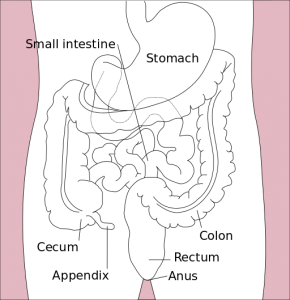 Reasons you should avoid an appendectomy and use antibiotics instead.
Reasons you should avoid an appendectomy and use antibiotics instead.
Appendectomies were a common procedure here in the USA, while abroad in Europe, an infected appendix was treated effectively with an antibiotic.
A new CT scanning procedure is now helping us determine whether that infected appendix is uncomplicated or may require excision.
According to the NY Times, we are now beginning to understand that the Appendix has useful functions which can help us prevent gastrointestinal ills.
Avoiding the surgery can help avoid possible infections as well as active scars that may occur from the healing of the tissue. Active scars are now recognized to be a cause of back and neck problems.
You can read more about why they are recommending you avoid appendectomies below and get a short history lesson on why appendectomies have become so commonplace.
The Case Against Appendectomies
The appendix is turning out to contain biologically useful tissue that may help prevent nasty gastrointestinal ills.
By Jane E. Brody
Nov. 19, 2018
Pity the poor appendix, a 2- to 4-inch-long wormlike pouch dangling from the head of the cecum, where the large and small intestines meet. For most of its medical history — anatomists have known about it for well over five centuries — it was maligned as a mysterious, vestigial and seemingly useless organ that could only cause trouble if left to its own devices.
Though unable to determine its function, doctors recognized that the appendix could become inflamed and cause serious illness, even death. And so more often than not, starting in the mid-18th century, when in doubt, surgeons took it out.
The first successful appendectomy — on an 11-year-old boy whose appendix was punctured by a pin he swallowed — took place in London in 1735, followed 24 years later by the first appendectomy to treat appendicitis, in which the organ becomes infected.
Read more